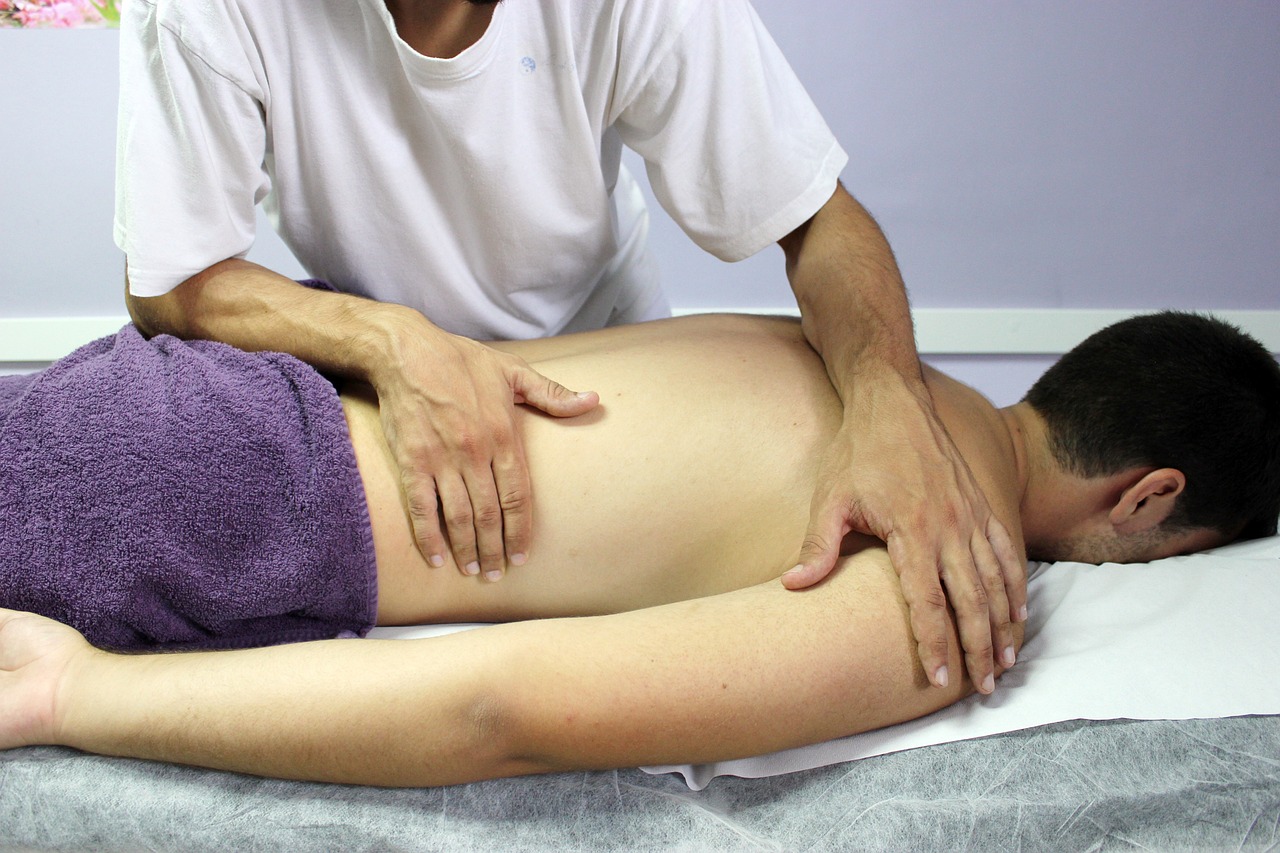Tips for Parenting a Child with Tourette Syndrome in Academic Settings
cricbet99 register, Sky1exchanges ID, 11xplay reddy anna: Parenting a child with Tourette Syndrome in academic settings can present unique challenges for parents and caregivers. Tourette Syndrome is a neurological disorder characterized by repetitive, involuntary movements and vocalizations known as tics. These tics can vary in severity and frequency, making it essential for parents to have strategies in place to support their child’s academic success. Here are some tips for parenting a child with Tourette Syndrome in academic settings:
Understanding Tourette Syndrome:
The first step in parenting a child with Tourette Syndrome is to educate yourself about the disorder. Understanding the symptoms, triggers, and management strategies can help you advocate for your child in academic settings. It is essential to be aware of how Tourette Syndrome may impact your child’s learning and behavior in the classroom.
Communication with Teachers and School Staff:
Open communication with your child’s teachers and school staff is crucial for supporting their academic success. Be proactive in informing school personnel about your child’s Tourette Syndrome, including any specific accommodations or strategies that may be helpful. Collaboration with teachers can help create a supportive learning environment for your child.
Individualized Education Plan (IEP) or 504 Plan:
If your child’s Tourette Syndrome significantly impacts their learning, you may consider seeking an Individualized Education Plan (IEP) or a 504 Plan. These plans outline specific accommodations and support services to meet your child’s needs in the academic setting. Work with your child’s school to develop a plan that addresses their unique challenges and promotes their academic growth.
Encourage Self-Advocacy:
Empower your child to self-advocate for their needs in the classroom. Teach them strategies to manage their tics and communicate effectively with teachers and peers. Encourage them to ask for breaks or accommodations when needed, and remind them that it is okay to seek support when necessary. Building self-advocacy skills can help your child navigate academic challenges with confidence.
Create a Supportive Home Environment:
Maintaining a supportive home environment is essential for children with Tourette Syndrome. Encourage open communication, provide emotional support, and create a structured routine to help your child thrive academically. Be patient and understanding, and offer reassurance during challenging moments. Additionally, consider seeking counseling or support groups to connect with other families facing similar challenges.
Implement Tic Management Strategies:
Help your child develop effective strategies for managing their tics in academic settings. This may include techniques such as deep breathing, mindfulness exercises, or redirecting tics into less disruptive movements. Work with your child’s healthcare provider to explore medication options or behavioral therapies that can help reduce tic symptoms and improve their ability to focus in school.
FAQs:
Q: Can Tourette Syndrome impact my child’s academic performance?
A: Yes, Tourette Syndrome can impact academic performance due to the presence of tics, attention difficulties, and other associated challenges. However, with the right support and accommodations, children with Tourette Syndrome can succeed academically.
Q: How can I help my child manage anxiety related to their Tourette Syndrome in academic settings?
A: It is essential to address any anxiety or stress your child may experience related to their Tourette Syndrome. Encourage open communication, provide emotional support, and consider seeking counseling or therapy to help your child develop coping strategies.
Q: What should I do if my child experiences bullying or teasing at school due to their Tourette Syndrome?
A: Bullying or teasing related to Tourette Syndrome can be distressing for children. Work with school personnel to address any instances of bullying, educate peers about Tourette Syndrome, and empower your child to speak up and seek support.
In conclusion, parenting a child with Tourette Syndrome in academic settings requires patience, advocacy, and support. By understanding the disorder, communicating with school personnel, implementing effective strategies, and fostering a supportive home environment, you can help your child thrive academically despite the challenges they may face. Remember that every child is unique, and with the right tools and resources, they can achieve success in school and beyond.







